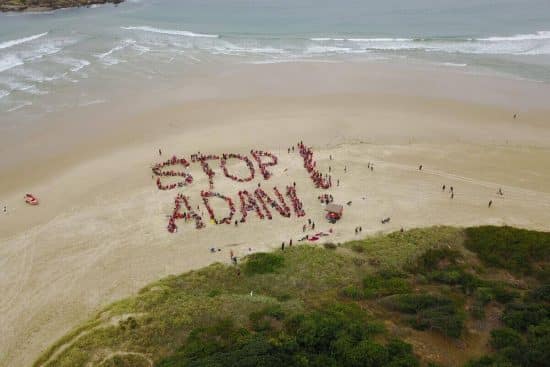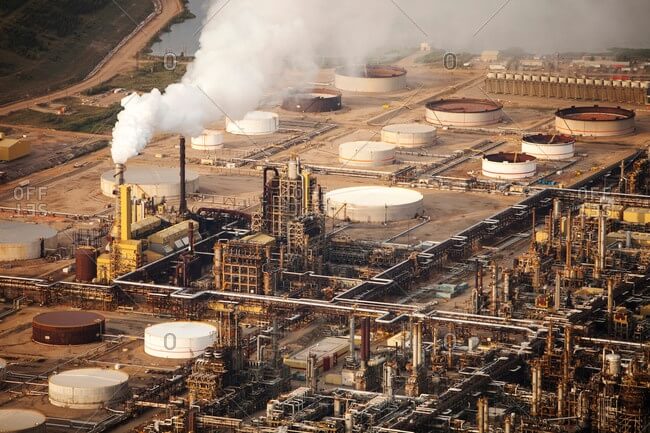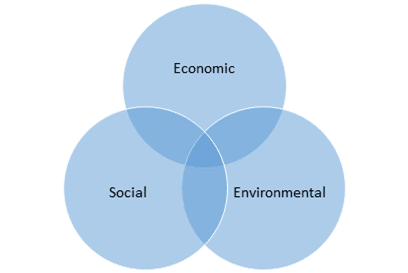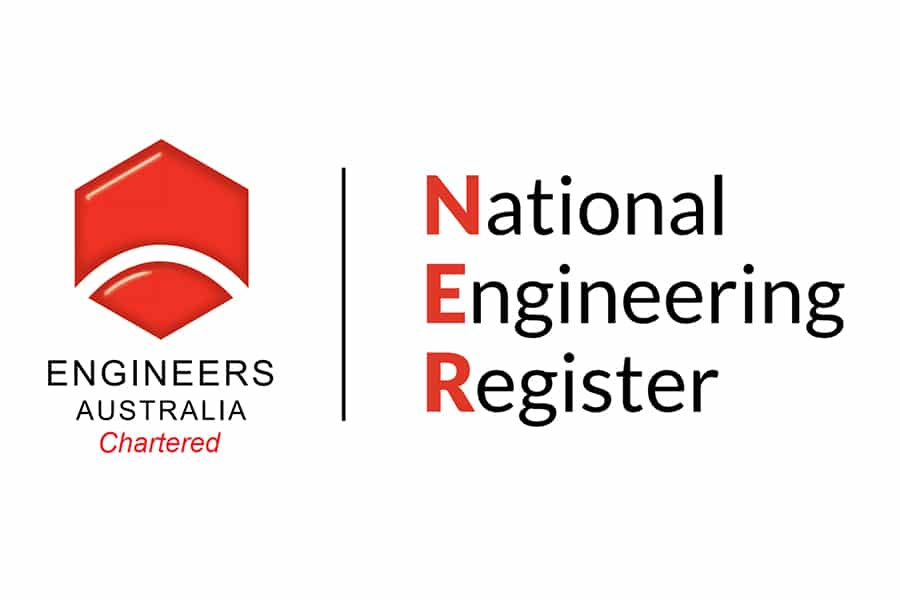When I interview engineers applying for chartered status in our institution, Engineers Australia, I’m interested to learn their technical prowess, and their ability to understand and solve a problem in the best way practical for the situation.
But the assessor is much more interested in two key issues – Ethics and Sustainability.
The applicant has to produce evidence of where issues surrounding ethics has emerged and how he or she dealt with it. It’s always an interesting experience!
Then questions are asked of the applicant’s consideration of sustainability. At least at a policy level, our institution is big on the subject. The assessor considers whether the applicant has honoured Section 4 of our Code of Ethics, which is to Promote Sustainability:
Sustainable development goals
1. Engage responsibly with the community and other stakeholders
✔️ Be sensitive to public concerns
✔️ Inform employers or clients of the likely consequences of proposed activities on the community and the environment
✔️ Promote the involvement of all stakeholders and the community in decisions and processes that may impact upon them and the environment
2. Practise engineering to foster the health, safety and well-being of the community and the environment
✔️ Incorporate social, cultural, health, safety, environmental and economic considerations into the engineering task
3. Balance the needs of the present with the needs of future generations
✔️ In identifying sustainable outcomes consider all options in terms of their economic, environmental and social consequences.
✔️ aim to deliver outcomes that do not compromise the ability of future life to enjoy the same or better environment, health, wellbeing and safety as currently enjoyed.
2019 saw the Adani coal mine project get the green light from our government. I don’t want to get too controversial, but coal mining is not sustainable, right? And I don’t want to get too political either, but approving the Adani Mine wasn’t a particularly smart, long-term decision by our government, right?
The Adani Carmichael mine project prompted protest around the world (#stopAdani). In recent developments, the company changed its name from Adani to Bravus (it’s Latin for Brave!), and copped a $26K fine for knocking down trees and plants without a proper survey and species management plan. Wow! That fine must have hurt! They’re still on track to produce coal this year and pump 79 million tonnes of carbon per year into the atmosphere from its idyllic location near the Great Barrier Reef in North Queensland.

This project could not get off the ground, nor into the ground, without our engineering profession. Politics and sustainability aside, there’s mining engineering, chemical engineering, process engineering, mechanical, civil, structural, electrical engineering. All the disciplines are required to be involved.
Engineering activities are connected with over 65% of Australia’s Direct Greenhouse Gas Emissions.
As such, engineering teams have a responsibility to actively support the transition of our economy towards a low carbon future.
I’m not saying as a profession we’re not doing this, nor committed to doing this. But it’s clear that the Adani project is pushing ahead in the face of climate change and with little to no regard of its significant detrimental impact on our planet.
Perhaps it’s best that we don’t get involved in projects that don’t really “foster the health, safety and well-being of the community and the environment”.
But in defence of the Adani approval, our government said if we don’t give the man his coal mine, somebody else will. They saw approval as a way of providing jobs that “fostered well-being of the community”, and imposed rules on the miner that probably “foster health of the community and the environment.”
Cashflow
The title of this blog included “Cash flow”. So, what’s this got to do with cash flow? Everything!
Do we continue to quote, win and carry out structural engineering design tasks on projects
? that accelerate climate change?
? that are not in the best interests of our planet?
? for mine owners that exploit workers?
? to the detriment of those (humans and animals) that become displaced in the process?
Because if we don’t, someone else will?
A high moral ground requires a healthy bank balance and no payroll expenses!
Many engineers and engineering companies have signed with “Engineers Declare” to signal their commitment to sustainability. Today, there’s almost 2000 engineers and 178 engineering companies.

Yenem is on the list. At least we are now looking beyond the design tasks and questioning our involvement in questionable projects. We need to maintain our integrity, after all.



